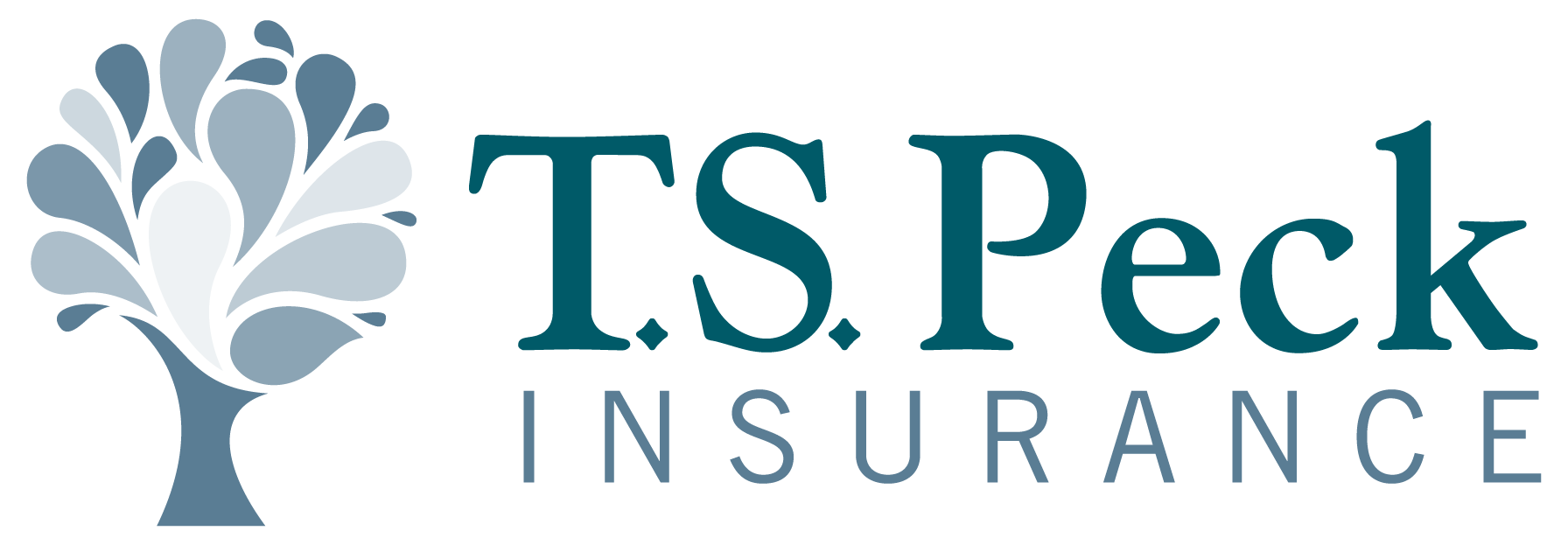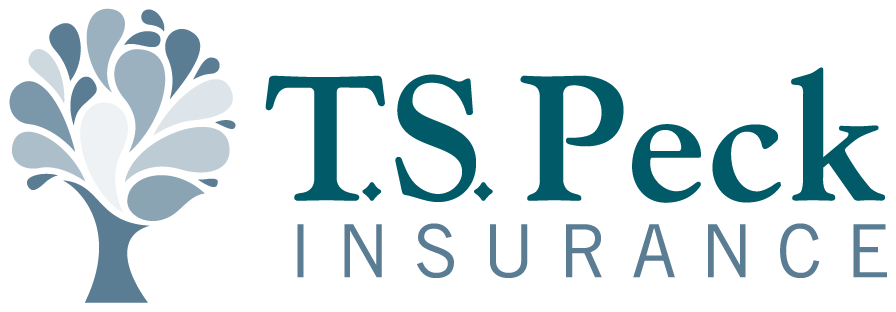The act of actually paying a condo association insurance premiums is a straightforward process. Most associations simply have the appropriate board member write a check or make an electronic payment. Passing the payment onto association members is a little more involved, although it’s still fairly simple. Here’s how many Vermont condo associations pass on their insurance costs to unit owners.

How Can My Condo Association in Vermont Afford Its Condo Association Insurance?
Condo Association Insurance Costs Are Divided Among Unit Owners
Condo associations usually evenly divide their insurance costs among all unit owners. In most cases, this results in each unit owner paying an equal share. In rare situations, an owner who had multiple units or a larger unit may pay more than other unit owners in the complex.
As an example, assume a condominium complex has 100 units and needs to pay a $5,000 insurance bill. In this situation, each unit owner would likely end up paying $50 ($5,000 / 100 units = $50 per unit).
Annual Premiums Are Included in Annual Assessments
Condo associations in Vermont usually pass on their insurance premiums through annual assessments. Either operating funds or savings may be used to pay a condominium association insurance policy’s premium when the premiums is due. Then, the amount paid is added to the annual assessment so that the account has sufficient funds in by the following year when the next premium is due.

Deductibles May Require Special Assessments
Should an association have to file a condominium association insurance claim, the association will probably have to pay a deductible. How a deductible is passed onto unit owners usually depends on how much savings the association has.
When an association has sufficient savings to cover the full cost of a deductible, the deductible may be paid directly from a savings account. Often, the amount paid will be added to the next annual assessment so that the savings account can be replenished. If an account is still well-funded, however, there may not be a need to increase the next annual assessment.
When an association is unable to cover the full cost of a deductible, the deductible’s expense normally must be immediately passed onto unit owners through a special assessment. This works much the same way as an annual assessment, with the deductible being evenly divided among unit owners. A special assessment may be assessed at any time of year, though. Thus, an association doesn’t have to wait until an annual assessment is due to acquire the funds needed.
Refunds May Be Divided or Directed Towards Savings
Sometimes associations receive refunds when their condominium association insurance policies expire. When associations receive refunds, they typically either evenly disperse it among all unit owners or put the money into savings. Both options benefit unit owners.
Get Help from an Agent in Vermont Who Knows Condominium Association Insurance
Finding and properly managing a condo association insurance policy is a major responsibility, because many people depend on the protections that such a policy has. For help finding a policy or properly planning to pay a policy’s costs, contact an agent who specializes in this form of insurance.
An independent insurance agent who is familiar with condo association insurance will not only be able to recommend coverages and help your Vermont condo association policy find a suitable policy. They’ll also be able to share how other associations have passed on their insurance costs to unit owners, so your association can learn from others in similar situations.

